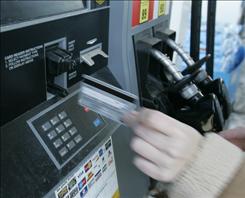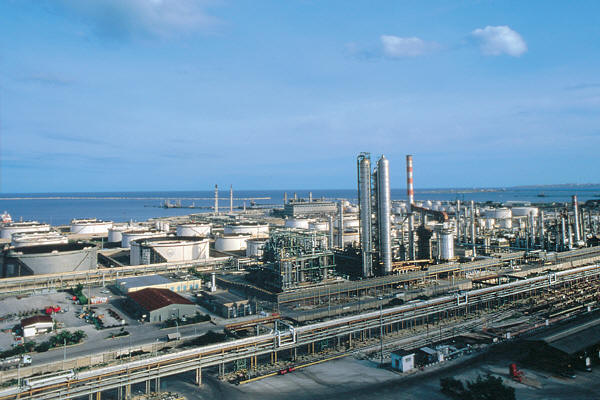The Varanus Island gas explosion and subsequent loss of around 30 percent of the state’s gas supplies is creating serious problems for the state’s massive mining industry and will affect productivity and supply for months, rather than weeks.
“Western Australia supplies about a third of the world’s iron ore, 20 percent of the gold and tens of thousands of tonnes of copper, nickel, zinc, lead and other industrial staples.”
___________________________________________________________________________________________
PERTH (Reuters) – Western Australian miners, which supply the world with metals and iron ore, fear sharp falls in productivity and lay-offs after a gas-plant explosion robbed them of power, industry and local government officials said on Sunday.
“This is very serious,” Reg Howard Smith, head of the state’s Chamber of Minerals and Energy, said after crisis talks with some of the world’s biggest resources firms, including BHP Billiton BHP..AX(BLT.L), Rio Tinto (RIO.AX)(RIO.L) and BP (BP.L).
“We’re seeing some stand-downs of staff occurring and we’re still deciding what needs to be done,” Smith told Reuters.
Western Australia lost about a third of its energy supplies last week when an explosion crippled a gas-handling plant on the tiny island of Varanus, about 100 km (62 miles) off Australia’s northwest coast. The Varanus plant, close to offshore gas fields, is operated by a unit of U.S.-based Apache Corp (APA.N).
Tim Wall, managing director of Apache’s Australian unit, said on Sunday he was sticking with an earlier estimate of “months, not weeks” before damage to the plant and associated gas pipelines was repaired and operations could restart.
Western Australia’s state government is trying to import more diesel from Asia to offset the drop in gas supplies, state premier Alan Carpenter said, noting that BP, which operates a diesel refinery in the state, was already at maximum production.
But getting diesel to remote, outback mines could take time.
“There is no wand to make this crisis disappear,” Carpenter told reporters on Sunday. “It’s one thing to get the diesel here on ships and another to where it’s needed by truck.”
Western Australia supplies about a third of the world’s iron ore, 20 percent of the gold and tens of thousands of tonnes of copper, nickel, zinc, lead and other industrial staples.
Read moreWA gas explosion fallout serious for iron ore, gold and base metals suppliers



